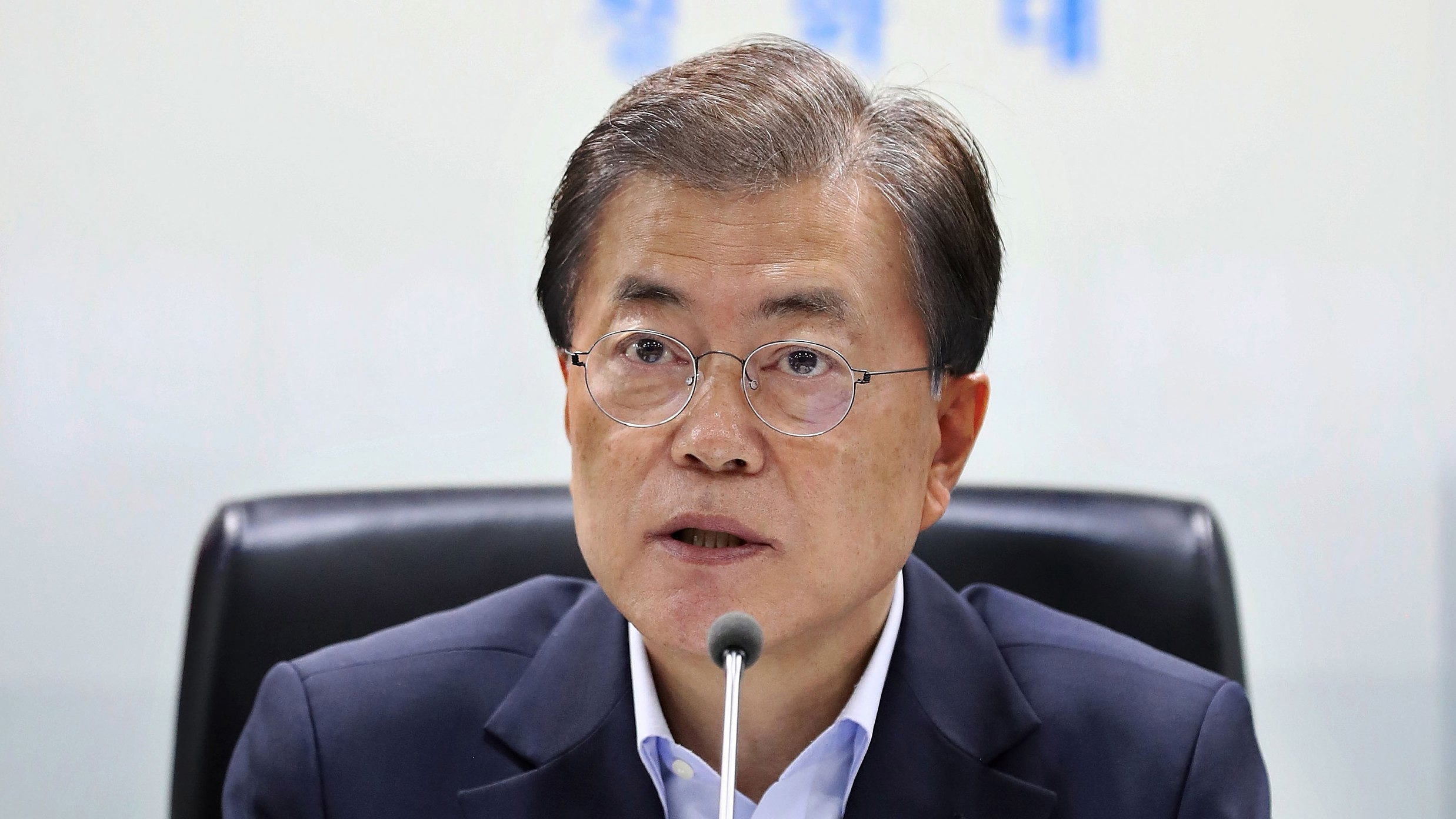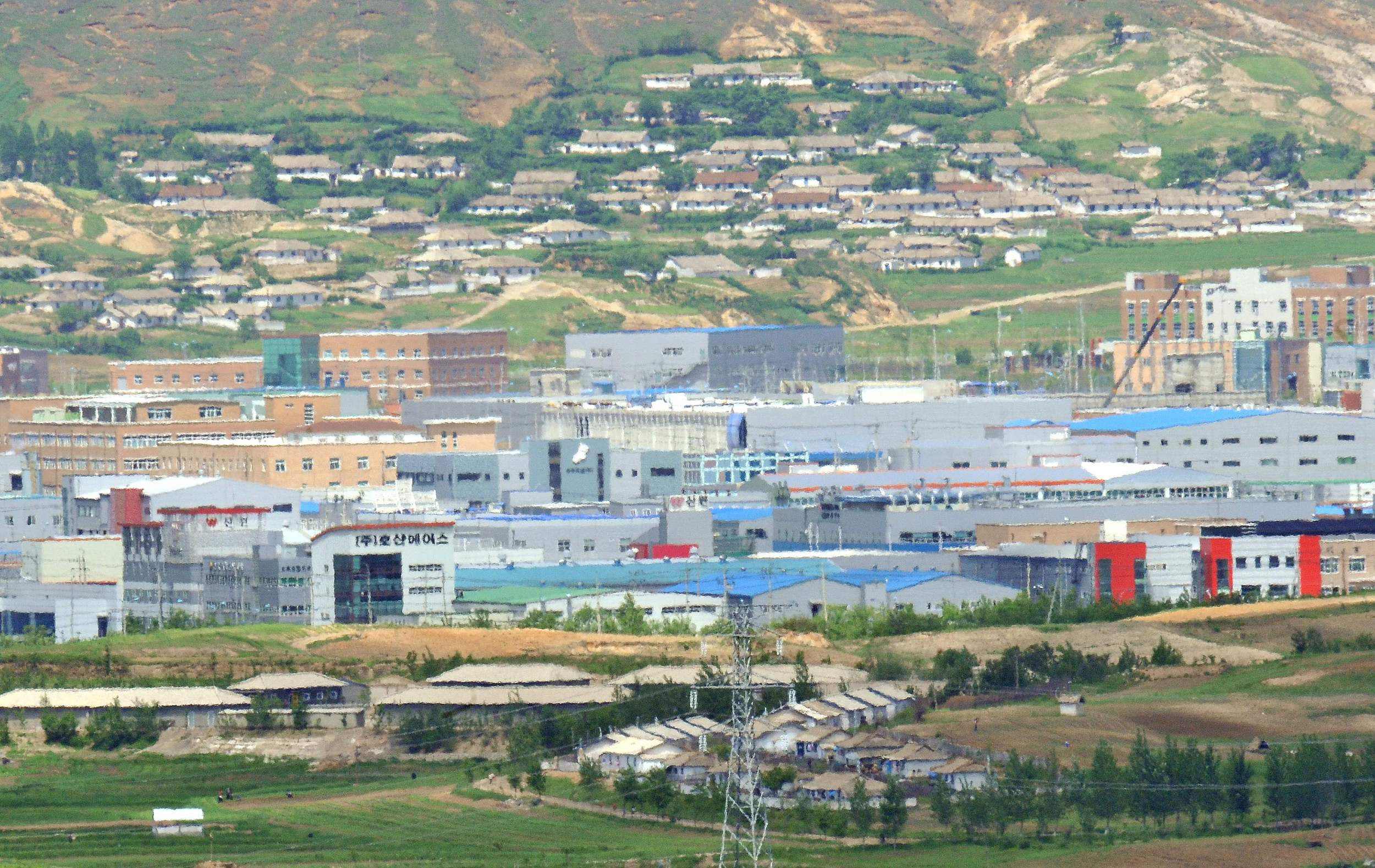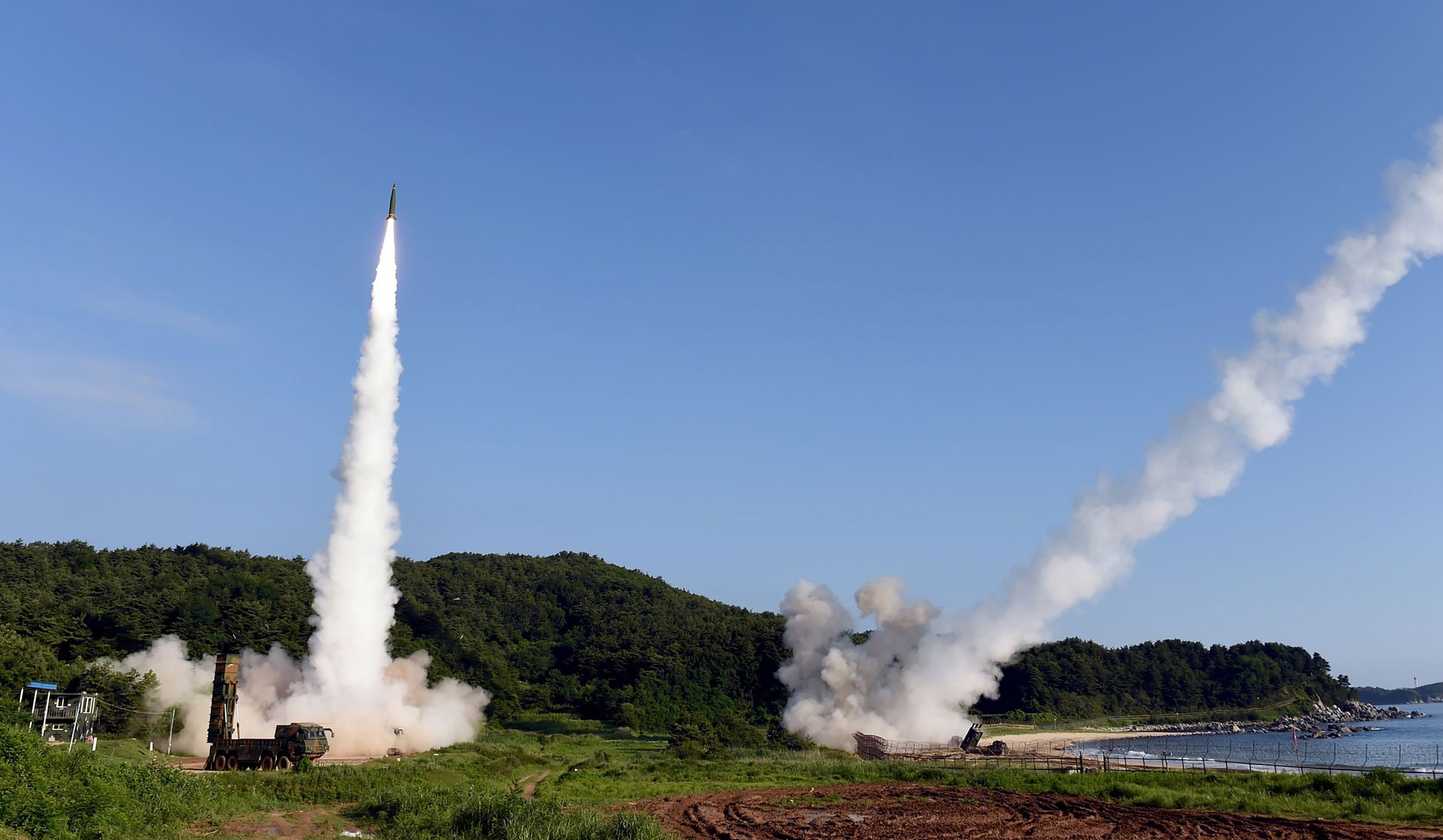
Politics
16:53, 19-Jul-2017
S. Korea to resume economic cooperation with DPRK

The South Korean government under President Moon Jae-in plans to resume economic cooperation with the Democratic People's Republic of Korea (DPRK) and legalize inter-Korean agreement.
The plans were unveiled on Wednesday in the five-year plan for state management under the new administration, which was inaugurated on May 10, according to the presidential Blue House.
During his five-year term, Moon planned to resume the economic cooperation with the DPRK, while pursuing a so-called "new economic roadmap in the Korean Peninsula" as part of growth engines of the economy.

The inter-Korean industrial complex of Kaesong seen from a South Korean observation tower in Paju near the Demilitarized Zone separating the two Koreas. /VCG Photo
The inter-Korean industrial complex of Kaesong seen from a South Korean observation tower in Paju near the Demilitarized Zone separating the two Koreas. /VCG Photo
The new roadmap referred to the creation of three economic belts throughout the peninsula, including the energy belt in the East Sea, the logistics belt in the West Sea and the tourism belt inside the demilitarized zone (DMZ) that divides the two Koreas.
In accordance with improved inter-Korean ties, the South Korean government will consider the normalization of the Kaesong Industrial Complex and the resumption of Mount Kumgang tours, the five-year plan showed.
The inter-Korean factory park in DPRK's border town of Kaesong was closed down under the Park Geun-hye government following Pyongyang's fourth nuclear test last January.
Tours to DPRK's scenic resort of Mount Kumgang, launched in 1998, was suspended in July 2008 when a South Korean female tourist was shot dead by a DPRK soldier after allegedly venturing into an off-limit area.

South Korea's Hyunmu-2 Missile System (L) and US M270 Multiple Launch Rocket System (R) firing missiles into the East Sea from an undisclosed location on South Korea's east coast during a South Korea-US joint missile drill aimed to counter DPRK’s ICBM test on July 5, 2017. /VCG Photo
South Korea's Hyunmu-2 Missile System (L) and US M270 Multiple Launch Rocket System (R) firing missiles into the East Sea from an undisclosed location on South Korea's east coast during a South Korea-US joint missile drill aimed to counter DPRK’s ICBM test on July 5, 2017. /VCG Photo
To resolve pending issues between the two Koreas, South Korea planned to restore communication channels with the DPRK while resuming inter-Korean talks, including those about military and humanitarian affairs as well as sports and cultural exchanges and economic cooperation.
The Moon government will push for a new "basic agreement" with the DPRK while respecting existing inter-Korean agreements, and will seek to legalize the new agreement by getting approval in the National Assembly and support in the UN General Assembly.
The push for the new agreement would be made through bi-partisan cooperation when right conditions are created, according to the five-year plan.
On Monday, Seoul offered to Pyongyang for holding talks about the reunion event as well as military affairs, but the DPRK had yet to respond to the dialogue overtures.
(Source: Xinhua)
953km

SITEMAP
Copyright © 2018 CGTN. Beijing ICP prepared NO.16065310-3
Copyright © 2018 CGTN. Beijing ICP prepared NO.16065310-3